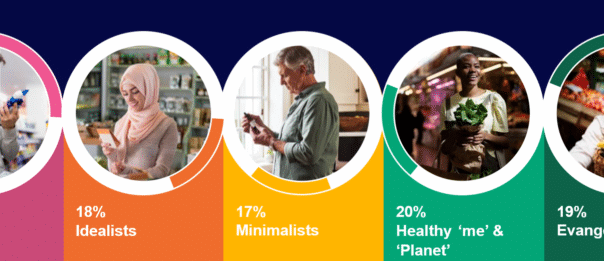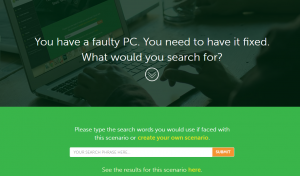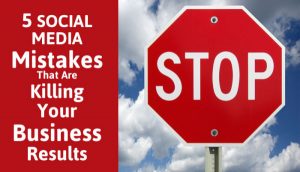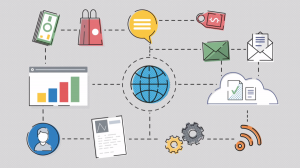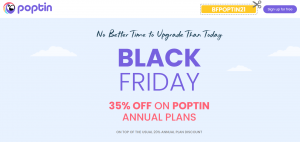70% of consumers agree that sustainability is more important to them now than it was two years ago, but there are significant differences in that group.
Climate change is a serious problem and marketers can play a serious part in combatting it. As we discussed last week, one way is cutting the 4% of global CO2 emissions generated by digital marketing. Another is communicating with consumers increasingly concerned about sustainability and the environment.
This October was the warmest one on record, smashing the record set in 2019, and making it “virtually certain” that 2023 will be the warmest year in 125,000 years, according to the EU’s Copernicus Climate Change Service. The increased heat is causing stronger and more frequent extreme weather events like hurricanes, blizzards and droughts.
This year has already seen major shipping problems caused by a lack of water in the Mississippi River and Panama Canal. Also, it is making populous regions uninhabitable for part of the year because of the intense heat and/or the evaporation of fresh water.
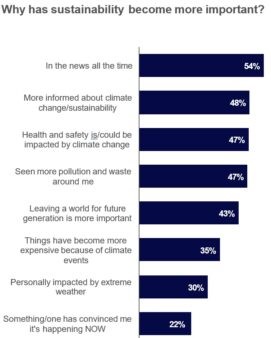
Although the magnitude of climate change has been known since the late 1980s, the general public has only recently begun to understand it. Some 70% of consumers say sustainability is more important to them now than it was two years ago, according to a study by NIQ, Nielsen’s consumer research unit. This is yet another attitudinal change caused by the COVID-19 pandemic.
“When we all stopped commuting back in March 2020 we physically saw the impact of the environment,” said Sherry Frey, NIQ’s vice president of Total Wellness. “At the same time, it was really hard during the pandemic to ignore the haves and have-nots and the polarization of this country.”
As we all know, that polarization has meant the politicization of many things, including science. During the worst of the pandemic, a loud part of the population got a lot of attention for opposing public health measures such as mask requirements and vaccination.
Climate change clash
That grassroots, anti-science activism energized climate change deniers. However, the denial itself pre-dates the pandemic by decades and is anything but grassroots. To quote Scientific American:
“Exxon was aware of climate change, as early as 1977, 11 years before it became a public issue. … This knowledge did not prevent the company (now ExxonMobil and the world’s largest oil and gas company) from spending decades refusing to publicly acknowledge climate change and even promoting climate misinformation.”
The oil industry and its lobbying organization, The American Petroleum Institute, have spent millions fighting efforts to curtail CO2 emissions (the primary cause of global warming).
The NIQ survey found that globally 26% of consumers fall into a category it calls “skeptics.” These are the people most likely to be climate change deniers and least likely to be interested in sustainability. Fray said that in the U.S., skeptics make up 34% of the population, much more than in any other country they surveyed.
Green divisions
While climate denial is the most glaring divide among consumers, it is important to note the very real differences among those who know climate change is real.
The groups are based on what people say they do and what they actually do. Those differences are the key to communicating with each group — including the skeptics.

“On one end, you’ve got these people we call the evangelists,” said Frey. “They’re super passionate. They’re the ones that teach us all how to recycle and are well educated on the issues.” They make up 19% of the population and although they are financially secure they spend cautiously — which has an impact on how much they will pay for sustainable products.
Dig deeper: How advertisers can take the lead in reducing carbon emissions
The next group Frey calls the “healthy me & planet” people. They see environmental issues in terms of how they affect personal health — making that a key driver when it comes to choosing brands. At 20% they are the second-largest segment and are most likely to pay a premium sustainable products.
After them comes the minimalists, the 17% of consumers with a good awareness of sustainability, but little motivation to do anything about it. They are likely to be financially secure, but not free-spending. The cost of sustainable products is the biggest barrier for this group.
What I do, not what I say
“They say they don’t care about sustainability, but they are super minimalized,” said Frey. “Very frugal and very focused on waste.” The result is people taking many actions that fall under supporting sustainability despite saying it’s not important to them.
The last group, idealists, is sort of the opposite of that. They are passionate about the issues but unlikely to make consumer choices that support sustainability. This is in part because they are young and don’t earn as much as people in other groups. However, they are also unlikely to pick sustainable products even when they are offered at the same price point as the brands they usually choose.
Frey said that in doing the research for their report, NIQ has been surprised by the number of brands and retailers taking action both themselves and across their supply chains.
“We were impressed at how many of them that you wouldn’t expect are actually driving some of the biggest impact,” said Frey. There’s a reason you wouldn’t expect them to be environmentally conscious: They are going out of their way to keep a very low profile on this. “More brands are starting to do what’s being called ‘green hushing’ where they’re not talking about it because they don’t wanna get put a target on their back,” said Frey.
The post How to talk to consumers about climate change appeared first on MarTech.
(2)
